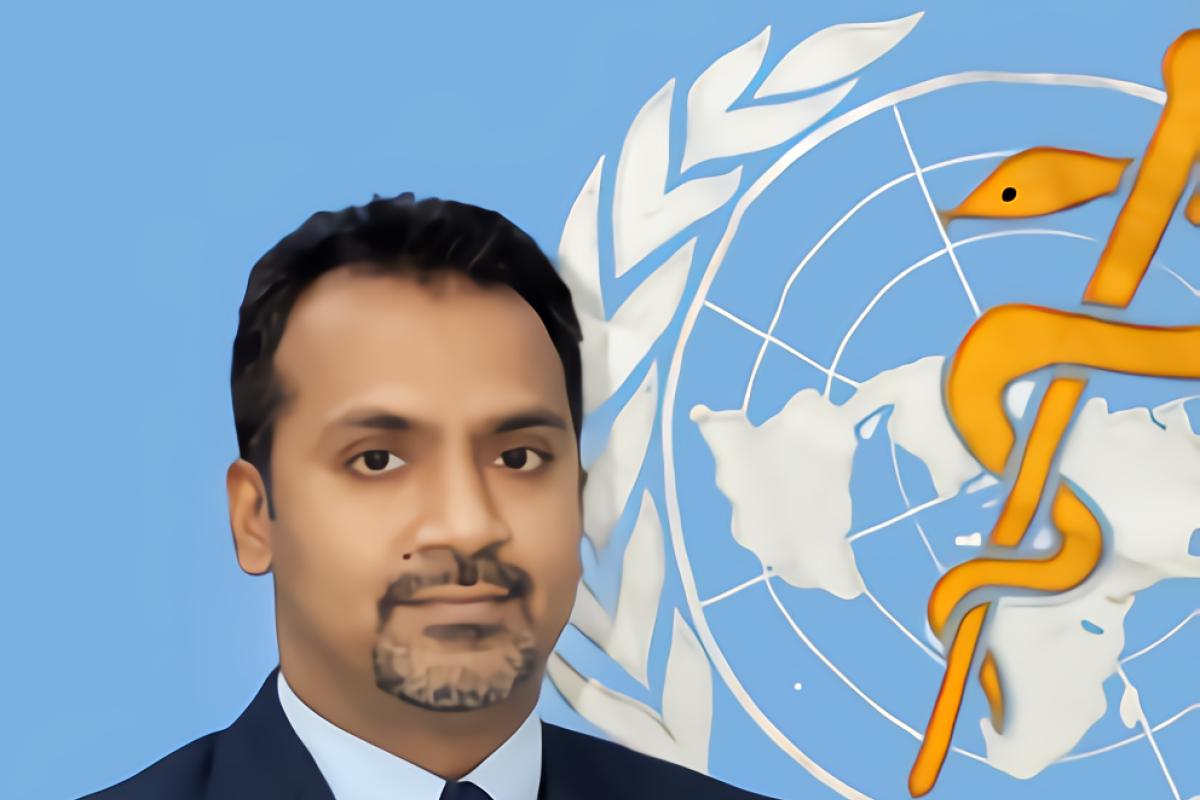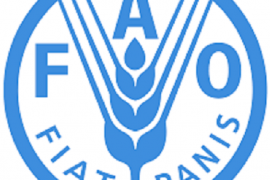The FAO and WHO, in a joint press release received here, Saturday, reiterated that safe food can contribute to economic prosperity and boost agriculture, market access, tourism, and sustainable development.
Adopted by the United Nations General Assembly in December 2018, the UN has designated two of its agencies -- FAO and WHO -- to lead and back efforts to promote food safety worldwide, and the first World Food Safety Day, themed "Food Safety, everyone's business," was celebrated on June 7.
Food safety is the nonexistence of any hazardous agents in food that might be harmful to the health of consumers. Food-borne hazards can be microbiological, chemical, or physical in nature and are many times not visible to the naked eye. Bacteria, viruses, and pesticide residues are some common examples of food-borne hazards.
As a middle-income nation, with a rising population of 260 million, Indonesian consumers constitute a huge market for an already large and swiftly-growing food industry comprising "ready-to-eat" food businesses, restaurants, supermarkets, catering, and large numbers of street food vendors.
The Indonesian food chain's key elements range from domestic agricultural producers and food importers through distributors to the various points of sale and ultimately to consumers.
The intricate and quickly evolving ways in which food is available and accessed by consumers present major challenges to policymakers to ascertain food safety across all steps of the food chain.
"The FAO is committed to realizing a world without hunger. Ensuring that food is safe is very important in our agenda. The industry has a critical role in assuring that food stays safe at every stage, from production to consumer," Stephen Rudgard, the FAO representative in Indonesia, remarked while celebrating World Food Safety Day.
With an estimated 600 million cases of food-borne ailments globally every year, unsafe food poses a threat to human health and to economies, disproportionally affecting vulnerable and marginalized people, especially women and children, populations affected by conflict, and migrants. Annually, food and waterborne diseases claim the lives of an estimated three million people worldwide, in both developed and developing nations.
According to data of the Directorate of Environmental Health and the Public Health Emergency Operation Center (PHEOC) of the Ministry of Health, 163 outbreaks of food-borne diseases were reported throughout Indonesia in 2017. This indicates that food poisoning outbreaks are a serious public health problem in Indonesia.
Nationwide, food safety roles and responsibilities are segregated among several Indonesian ministries and institutions that cover fresh, processed, and ready-to-eat food.
The Ministry of Agriculture and Ministry of Marine Affairs and Fisheries are tasked with regulating fresh food; the Food and Drug Monitoring Agency (BPOM) chiefly controls processed food; the Ministry of Health and local health authorities are in charge of overseeing the safety of ready-to-eat food; and the Ministries of Trade, Industry, and others also have their respective roles in food systems.
The FAO and WHO have emphasized that access to safe food is a basic human necessity and paramount to achieving food and nutrition security.
Food security can be achieved when all people, at all times, have physical, social, and economic access to sufficient, safe, and nutritious food to fulfill their dietary requirements and food preferences for leading an active and healthy life.
However, the FAO and WHO pointed out that poor sanitation and hygiene practices, such as unsafe food, have been the chief reason behind malnutrition in Indonesia.
Consumption of unsafe food results in food-borne illnesses that lead to malnutrition owing to loss of nutrients and low absorption capacity. Infants and young children are particularly susceptible to suffering from food-borne diseases.
The BPOM and Ministry of Health, supported by the FAO and WHO, have built the capacity of competent authorities in the area of food safety for conducting self-assessment on their food control systems.
WHO Representative for Indonesia, Dr. N. Paranietharan, echoed the significance of prioritizing safe food and stressed that access to sufficient safe and nutritious food is instrumental to leading a healthier and more productive life.
"We can achieve this by ensuring that quality and consistently safe food is readily available for everyone," he added.
Related news: FAO and WHO support Indonesia to control antimicrobial resistance
Related news: Empower family farmers to eradicate hunger in Southeast Asia: FAO
Reporter: Yuni Arisandy Sinaga
Editor: Gusti Nur Cahya Aryani
Copyright © ANTARA 2019












